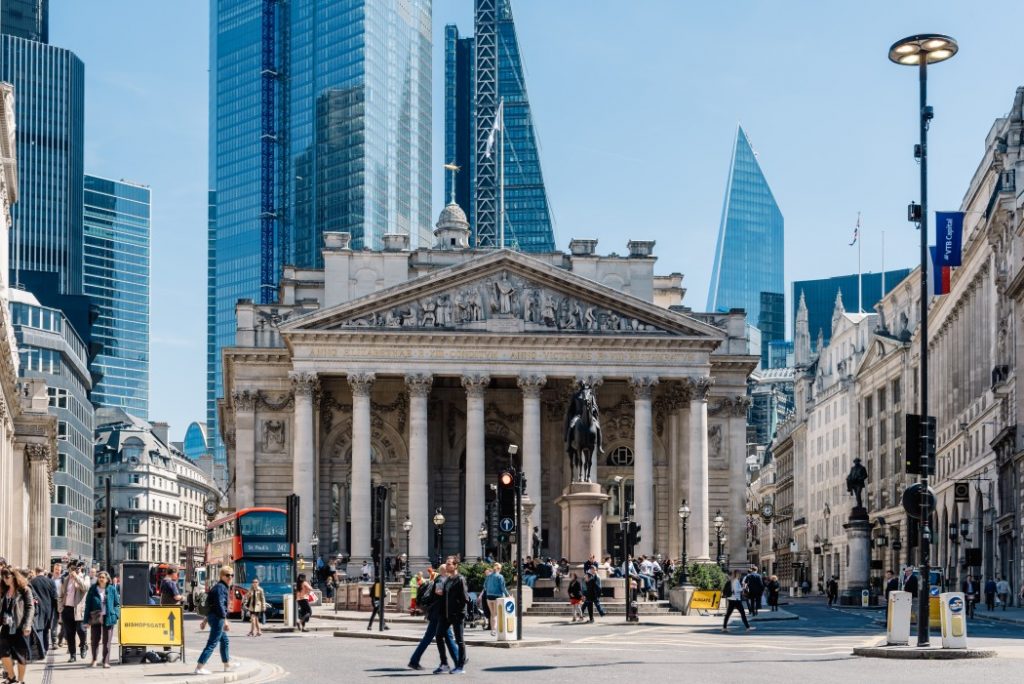It would mean you'd have to pay to keep savings at the bank, and would get paid to take out loans.
Speculation is swirling that the Bank of England (BoE) might implement negative interest rates in 2021. The BoE is the central bank of the UK (so despite its name it also represents Scotland, Wales and Northern Ireland). Instead of being a bank for regular people like you or me, the BoE is a bank for banks, such as Natwest or Santander. Central banks are also in charge of managing a country’s money supply. They try to keep prices stable-ish and ward off recessions.
Interest rates are one of the tools they use to do this. An interest rate is the fee you pay to borrow money - usually a percentage of the total borrowed. If you have a credit card, you may have paid your bank interest to borrow money from them. If you have a savings account, they may have paid you. We don’t usually think of it like this, but when we store our cash in a bank we’re actually lending them our money.
The central bank’s interest rate is known as the base rate, and it’s specifically the fee its customers (i.e. other banks) pay to borrow money from it. The base rate often influences the interest rates those banks then charge their own customers. If Natwest is having to fork out high interest payments on its own debts, it’ll want to recoup that money from its own clients. If the base rate is low, Natwest can afford to offer low-interest loans in the hope of winning more customers.
Negative interest rates mean borrowers are paid to borrow money, and lenders pay to lend it. For most people, that probably sounds rather mad. After all, you’d probably be less likely to store your savings in a bank if they would be constantly decreasing. And wouldn’t paying someone to take out a credit card just encourage people to go on a shopping spree?
Probably, but that’s exactly what fans of negative interest rates hope will happen. If a society is saving less and spending more, then more money is being pumped into the economy. All those extra coins being spent at businesses help those companies to survive and keep paying their staff. It can therefore be a bulwark against mass foreclosures and unemployment, of the sort the world is currently facing due to the impact of Covid-19 and accompanying restrictions.
The flip side is that the more debt and less savings someone has, the more devastating a sudden personal financial crisis - like losing their job - will be. They are also more likely to need bailing out by the government (and therefore taxpayers). And if this happens to lots of people at once, which is especially likely if their society is facing a big crisis like coronavirus, then that quickly becomes a big bill for the government to foot.
Read our explainer on: interest rates.

